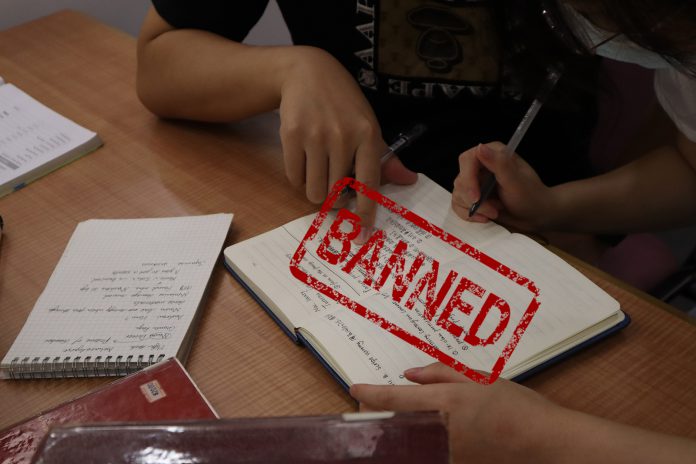China bans private tutoring in school curriculum subjects to reduce the burden of excessive schoolwork on kindergarten to 12th grade pupils. The policy dubbed the “double reduction” only allows private classes on weekdays with limited hours.
Our Periscope section investigates how China’s tutoring crackdown affects tutoring agencies, teachers, students and parents.
According to Ministry of Education, 10.78 million students registered for the 2021 Gaokao, university entrance examination in China, with an increase of 70,000 compared with last year. While only about 9.67 million were admitted as undergraduates to regular higher education institutions in 2020.
Private tutoring market in China was predicted to grow from RMB ¥800 billion (US $123.7 billion) in 2019 to over RMB ¥1 trillion (US $0.15 trillion) by 2025 in a 2020 report by Oliver Wyman, a management consulting firm. But businesses now struggle to make profits after a regulation on tuition fees has been issued alongside the policy.
With many classes cancelled, tutoring agencies face great financial pressure from refunding tuition fees and compensating employees who are cut due to the change. Many private tutors cannot afford to pay their mortgage because of unemployment or massive pay cuts.
Varsity also examines political and social issues in Hong Kong such as cultural heritage conservation, the redevelopment of To Kwa Wan, the disbandment of pro-democracy organisations and the 2021 Election Committee subsector ordinary elections.
Our team explores a growing trend of young farmers in Korea, the craze for Hong Kong boy band Mirror and youngsters in China using “blind boxes” to meet new friends. Varsity reporters also talk to various interesting people including former Apple Daily journalists, Hong Kong’s first registered ethnic minority social worker Jeffrey Andrews, an Irish polyglot and a game content creator in China.
Have an enjoyable read!

Linn Wu
Chief Editor







































